The Chamber India Livelihood Project is an initiative designed to uplift marginalized women in some of India’s most underdeveloped regions also known as the Aspirational Districts, bring them to the formal economy, thereby benefitting the industry. Implemented in some of the poorest and remotest regions of India, this project provided industry-linked skill training and entrepreneurship opportunities to over 5,000 tribal women, enabling them to achieve financial independence and break free from poverty, risk of human trafficking and forced labor.
This initiative bridged the gap between rural women and industries, ensuring that each participant was either placed in wage-based employment in high-growth sectors (Apparel, Logistics, Tourism & Hospitality, Future Skills) or equipped to become a self-sufficient entrepreneur in agriculture-based businesses (Fruit, Vegetable and Spice processing).
Acting as a catalyst, through this project, Chamber India brought together all stakeholders, including India’s top-rated livelihood agencies, leading industry members, and government bodies, creating a powerful ecosystem that drives sustainable livelihoods, market integration, and long-term economic growth.
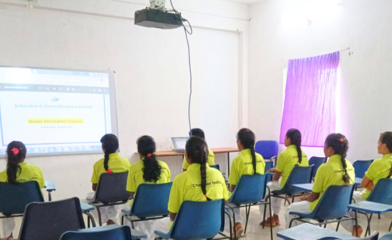

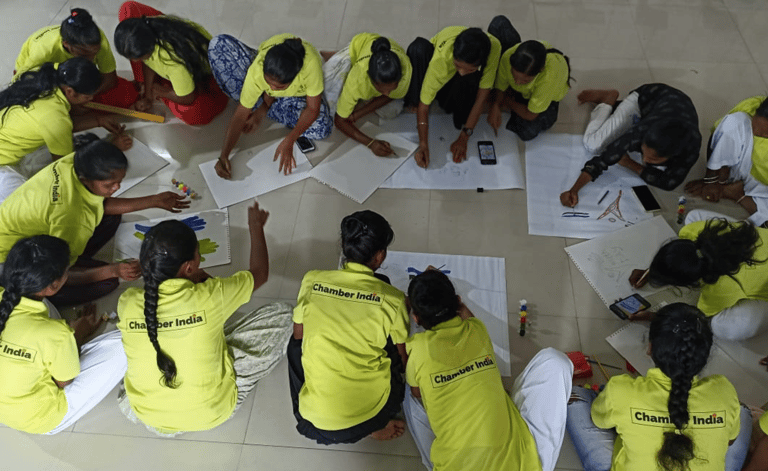

For connecting women from marginalized communities to formal sector jobs, ensuring long-term workforce participation, fair wages, and career growth.
Industry-first approach: Training programs in consultation and collaboration with our members and partners from leading industries, ensuring alignment with market demands.
3,600+ women trained and placed in formal sector jobs: Every trained woman was assured a formal sector job upon completing the program.
Sector-specific training: Women were trained for high-demand industries (Apparel, Tourism & Hospitality, Logistics, Future Skills), ensuring immediate employability.
High retention rates: 85% workforce retention rate beyond 12 months.
Model for empowering rural women farmers to become entrepreneurs in agriculture-based value chains through food processing.
Income enhancement of 1400+ women farmers: Developed a comprehensive ecosystem for entrepreneurship through training, capacity building, protection of IPR, market linkages, etc.
Developed market linkages: Partnered with buyers, retailers, and e-commerce platforms to ensure steady demand and sustainability of the project.
Cluster-based approach for scalability: Instead of training individuals in isolation, the project developed integrated clusters for jackfruit and turmeric processing, enabling collective growth, resource sharing, and better market positioning.


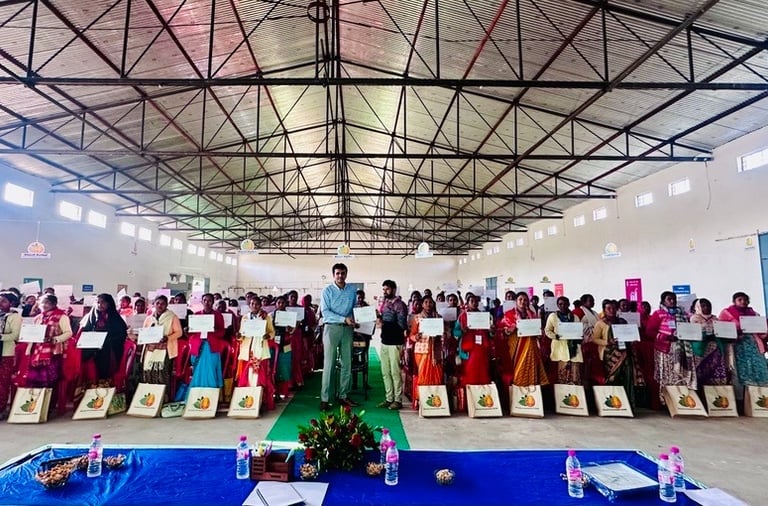

Industry-linked guaranteed employment program for wage-based employment
Self-employment of women farmers through food processing
Two-Pronged Approach for Sustainable Livelihood
Photographs from the project
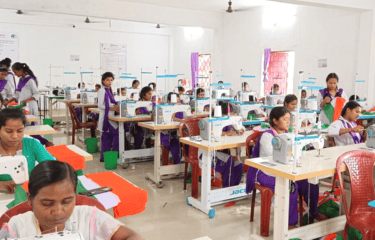
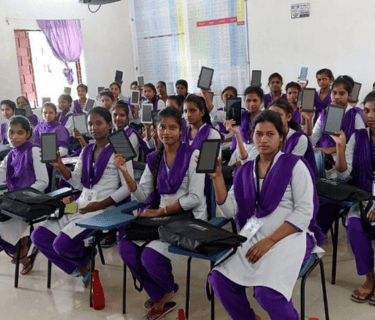
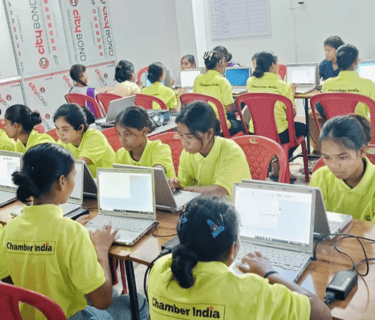
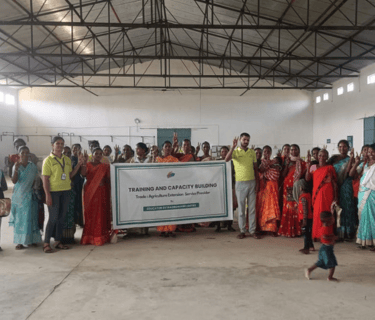
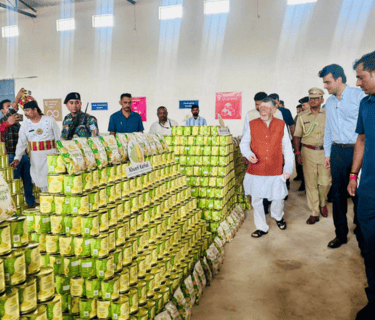
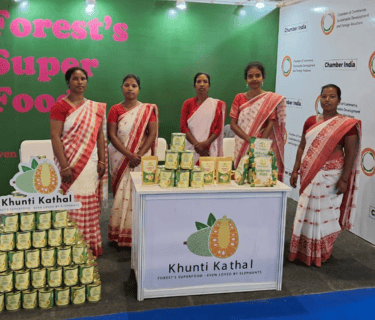
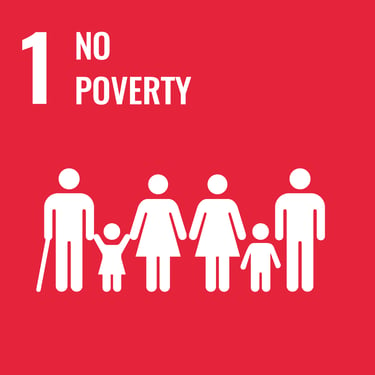

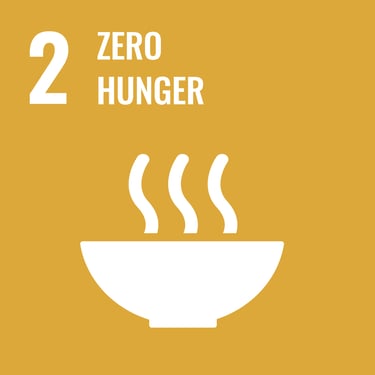

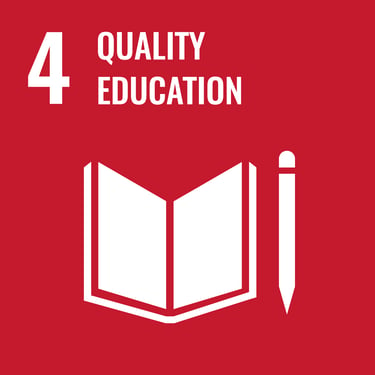

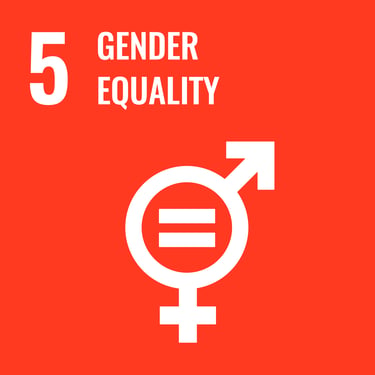

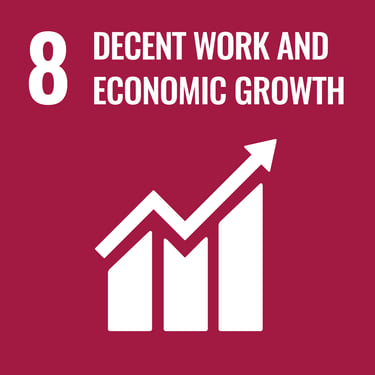

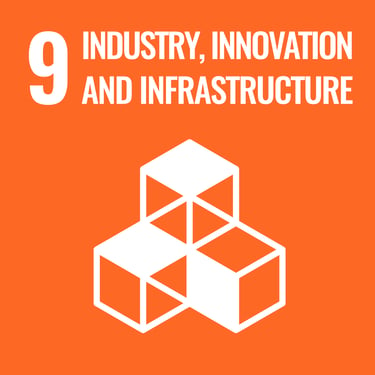

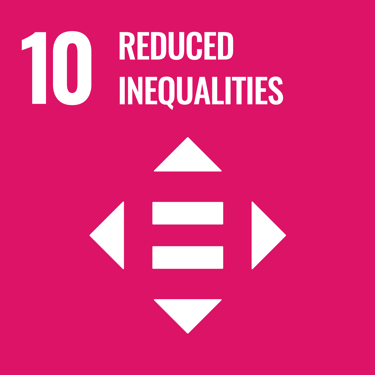

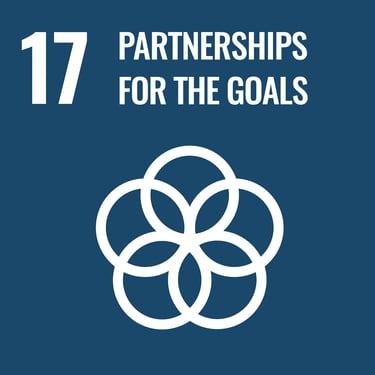

SDGs Impacted
